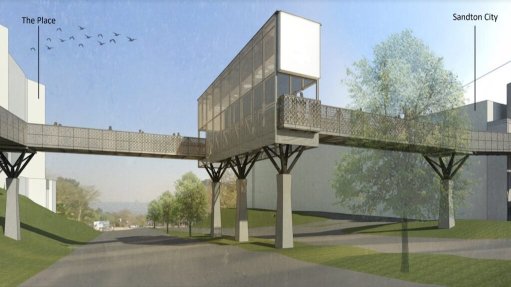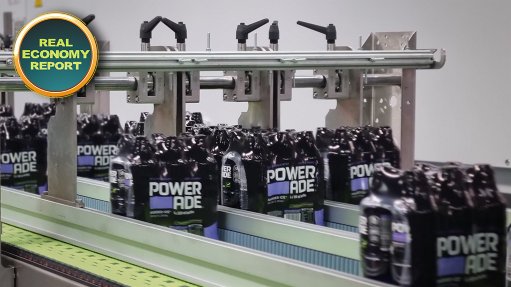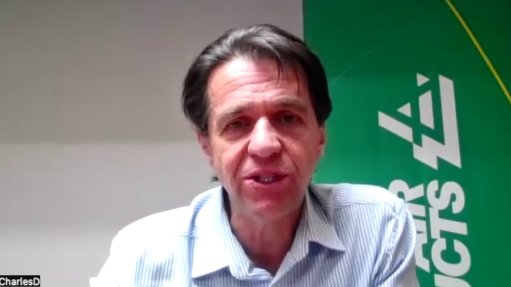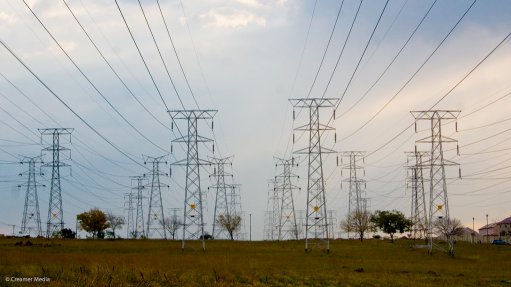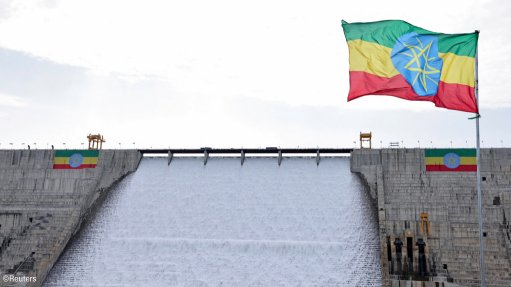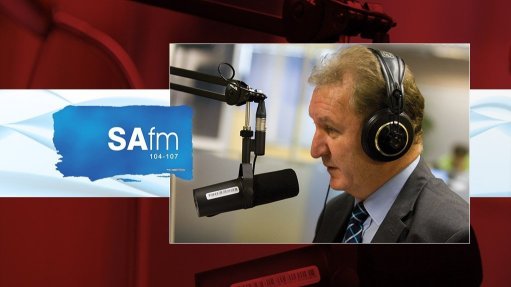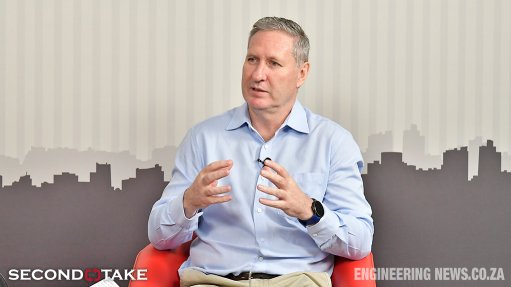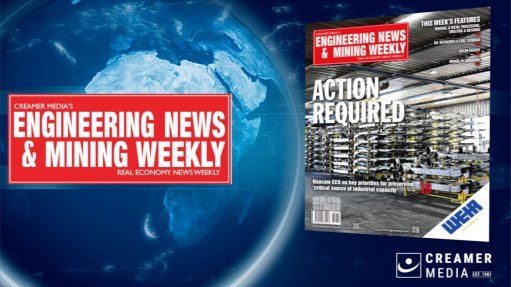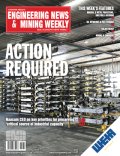The Quest for Innovation Within a Metropolitan Water Utility Johannesburg Water
This article has been supplied.
Innovation generally means the introduction of something new, however, in a service delivery context, innovation as a concept refers more to the introduction of something effective and efficient. Efficiency in this regard referring to minimum losses in both expenses and productivity. In most cases, innovation and technological advancements work alongside, but this relationship can be a complex one in municipal space.
Technology – the application of scientific knowledge and the tools that come with it – has leaped many eras in a municipal context, which further complicates the equation. I will explain what this means with a simple general example. South Africa’s affluent society and businesses are now accustomed to Windows 10 or 11 as the operating system on computer devices, and any version before that is no longer supported. This is while most South African households do not own computer devices or home-linked internet access and have limited access to those computer devices, which are mostly in the form of small business services; and this comes at a cost that limits proper acquaintance. There are many completing arguments that can be brought into the discussion, including mobile devices and their capacity, socioeconomic factors, opportunity costs, the role of government, and business ethics, amongst many. The point being that it is a complicated environment, similar to innovation and technology in municipal spaces.
Most utilities would like to be at the forefront of the innovation spectrum, for the very nature of their core businesses, which is to improve delivery and optimise performance. As indicated, technology has not progressed in a stepwise process nor is it slowing down to the pace of most businesses’ ability to keep up, never mind the public sector. The reality is that there are too many gaps in utility frameworks that need be addressed just for systems to be compatible. In many cases, the old systems need to be done away with altogether and be replaced by the more advanced options. Unfortunately, most technologists do not apply the customer needs approach when it comes to municipalities as major customers. They simply sell the products. It is then left to individuals and departments with knowledge and interest to tweak old systems with new technology to improve their processes, which comes at a cost and significant risk of course.
There are no budgets set aside for innovation in most municipalities. Departments must utilise the committed budgets and wiggle some room to innovate, which introduces significant risk of non-delivery. There are very few innovation and technology specialists in most municipalities, which means that individuals with designated work commitments must dedicate time away from standard delivery, which introduces resource management conundrums. There are no guarantees that innovation attempts will prove fruitful in the end, in which case accountability of resources needs to be reflected, and most finance officers only care about the bottom line. This is the major risk which deters most management from embarking on innovation endeavours in many municipal utilities.
However, Johannesburg Waters leadership recognises the risks associated with innovation and the opportunity costs thereof. The utility is committed to promoting innovation through the application of technological tools, and is willing to invest resources, albeit limited resources, to meet the challenges head-on. Likewise, Johannesburg Water’s leadership is cognisant of the need for this approach, as conventional approaches may not be adequate at dealing with service delivery shortfalls.
Written by Dr Zakhele Khuzwayo, Manager: Innovation and Technology for Operations at Johannesburg Water.
Comments
Press Office
Announcements
What's On
Subscribe to improve your user experience...
Option 1 (equivalent of R125 a month):
Receive a weekly copy of Creamer Media's Engineering News & Mining Weekly magazine
(print copy for those in South Africa and e-magazine for those outside of South Africa)
Receive daily email newsletters
Access to full search results
Access archive of magazine back copies
Access to Projects in Progress
Access to ONE Research Report of your choice in PDF format
Option 2 (equivalent of R375 a month):
All benefits from Option 1
PLUS
Access to Creamer Media's Research Channel Africa for ALL Research Reports, in PDF format, on various industrial and mining sectors
including Electricity; Water; Energy Transition; Hydrogen; Roads, Rail and Ports; Coal; Gold; Platinum; Battery Metals; etc.
Already a subscriber?
Forgotten your password?
Receive weekly copy of Creamer Media's Engineering News & Mining Weekly magazine (print copy for those in South Africa and e-magazine for those outside of South Africa)
➕
Recieve daily email newsletters
➕
Access to full search results
➕
Access archive of magazine back copies
➕
Access to Projects in Progress
➕
Access to ONE Research Report of your choice in PDF format
RESEARCH CHANNEL AFRICA
R4500 (equivalent of R375 a month)
SUBSCRIBEAll benefits from Option 1
➕
Access to Creamer Media's Research Channel Africa for ALL Research Reports on various industrial and mining sectors, in PDF format, including on:
Electricity
➕
Water
➕
Energy Transition
➕
Hydrogen
➕
Roads, Rail and Ports
➕
Coal
➕
Gold
➕
Platinum
➕
Battery Metals
➕
etc.
Receive all benefits from Option 1 or Option 2 delivered to numerous people at your company
➕
Multiple User names and Passwords for simultaneous log-ins
➕
Intranet integration access to all in your organisation







